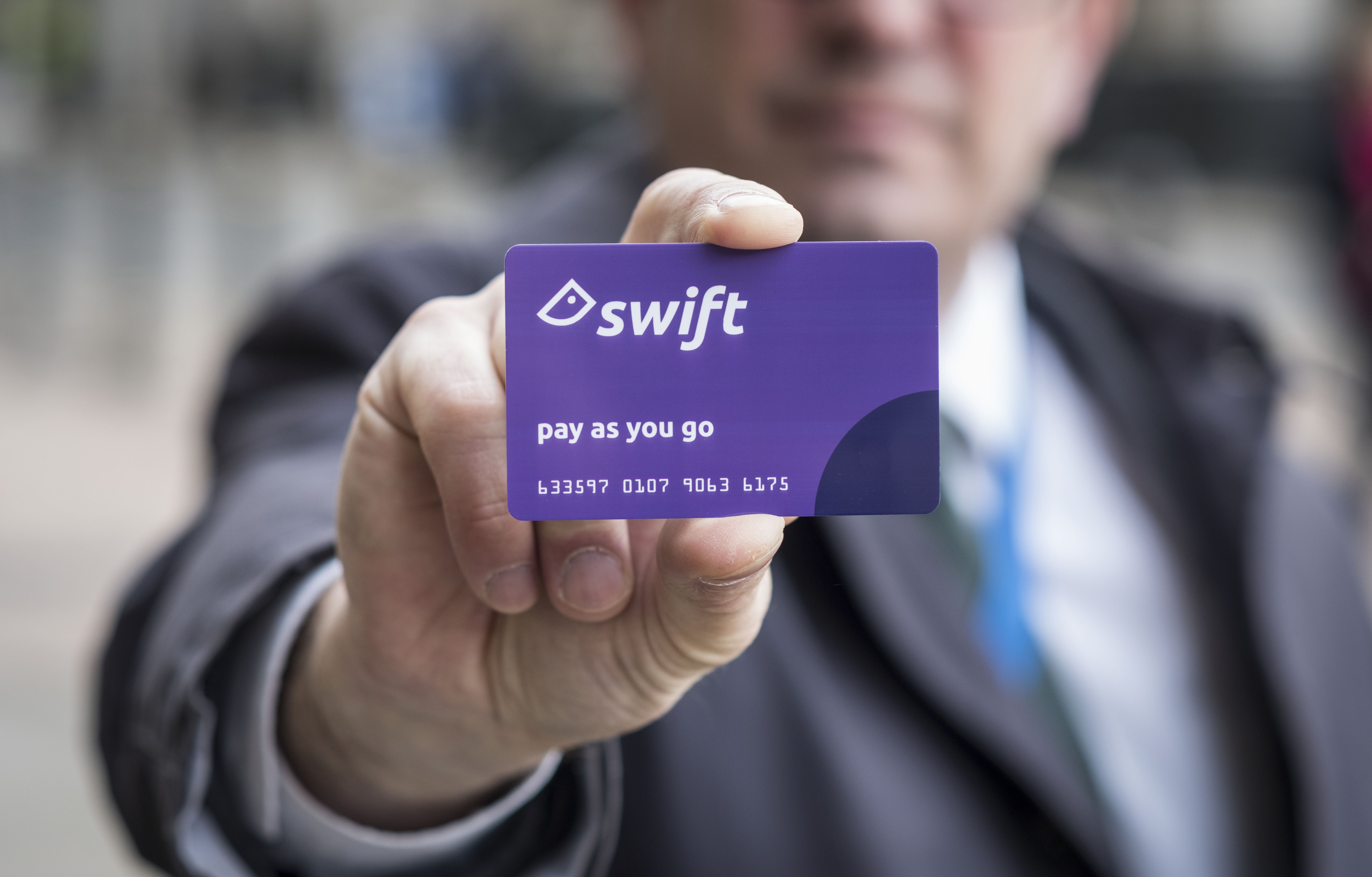Drivers could receive ‘credits’ to ditch their cars under £20m Future Mobility plans
Published: Tuesday 19 Mar 2019
Drivers in the West Midlands could be paid ‘credits' to ditch their personal vehicles as part of a strategy to tackle congestion in the region.
The plans are part of a proposed £20m Future Mobility programme going before the West Midlands Combined Authority (WMCA) Board this Friday, March 22.
Transport for West Midlands (TfWM), part of the WMCA, says it wants to incentivise people to give up their private vehicles and instead use car sharing, public transport and electric vehicle hire schemes.

Swift cards could be used to pay for gym membership under new Future Mobility plans
It says the move will help people save money on the costs of owning and running a car, while cutting the number of single-occupancy vehicles on the region's roads.
Mayor of the West Midlands, Andy Street, said: The West Midlands leads the world in automotive research - we're hosting autonomous vehicle trials in Wolverhampton, Birmingham and Coventry, electric taxis are manufactured in Coventry, and the Government is trusting us to blaze a trail for the UK as the first region to receive Future Mobility funding.
We want to make it quick, easy and cheap for everyone to travel around the region by creating a range of reliable alternatives to private car ownership.
People could leave their cars at home, or get rid of them altogether, and instead opt to take the Metro, train or bus to work, hire an electric vehicle to do their shopping, and share a taxi on a night out.
This is a bold, ambitious vision for the future, and we're confident we can prove the concept in the West Midlands and show the rest of the UK the way forward for the future
Other ideas being considered for the Future Mobility programme include: extending the Swift transport smart ticket scheme, so Swift cards can be used to pay for parking or gym membership; introducing a daily cap so Swift users only pay the lowest rates on public transport; harnessing digital technology to improve live traffic information; and extending trials for self-driving vehicles.
The Board report explains that the Mobility Credits pilot would centre around a controlled trial of electronic voucher credits in Coventry.
Drivers would be incentivised to give up their private vehicles and instead make use of electric vehicle hire, on-demand public transport, shared taxis and walking and cycling. Those taking part in the trial would receive credits to cover their costs - with a new travel app to help them decide how to travel, and how to maximise their credits.
Laura Shoaf, managing director of TfWM, said: Instead of owning a car, people could have the freedom to choose between sustainable travel options, including public transport, shared vehicles, walking or cycling, all within one package.
That would remove the expense of owning and operating a private vehicle. It would also reduce the number of vehicles on the road, improving congestion, and allowing vehicles and road space to be used more efficiently
If approved, work on the UK's first Future Mobility trials could begin in the West Midlands as early as April 2019, starting with changes to Swift cards and work to improve traffic information. Further research will take place before decisions on other aspects of the programme are introduced (such as the credits scheme).
The £20m funding is due to last four years, with up to £6m in further revenue support, and the WMCA says it will bid for more of the remaining £70m Future Mobility fund from Government to expand its proposals.
